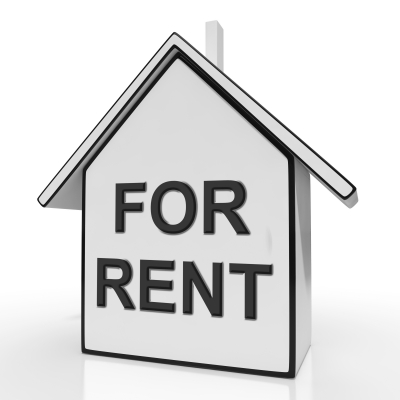
The 199A rules for the 20% deduction on rental real estate activities was ambiguous, but Notice 2019-07 now provides some ray of light in the form of a key safe harbor rule.
How it works: A rental activity (including multiple rental activities combined into a single enterprise) is treated as trade or business if the taxpayer spends 250 hours of more on rental services. To qualify for this 250-hour safe-harbor, the taxpayer must also meet the following requirements.
- The taxpayer maintains separate books and records for each rental activity (or the combined enterprise); and
- The taxpayer maintains contemporaneous records, including time reports and similar documents, concerning hours of services performed, a description of all services performed, the dates on which services are performed and the identities of the parties performing the services.
Furthermore, some of the hours spend on activities relating to a rental estate operation may not count toward the 250-hour threshold. For instance, Notice 2019-17 specifies that rental services do NOT include financial or investment management activities, such as arranging financing; procuring property; studying and reviewing financial statements or reports on operations; planning, managing, or constructing long-term capital improvements; or hours spent traveling to and from the real estate.
Finally, certain rental activities are specifically excluded from the safe harbor rule, such as:
- Real estate you use as a residence for any portion of the year; and
- Any property rented on a triple net lease basis.
The IRS defines a triple net lease as a lease agreement where the tenant or lessee is required to pay taxes, fees and insurance and is responsible for maintenance activities for a property in addition to rent and utilities.
More to come: The IRS expects to issue additional guidance in this area. Stay tuned for more developments.
